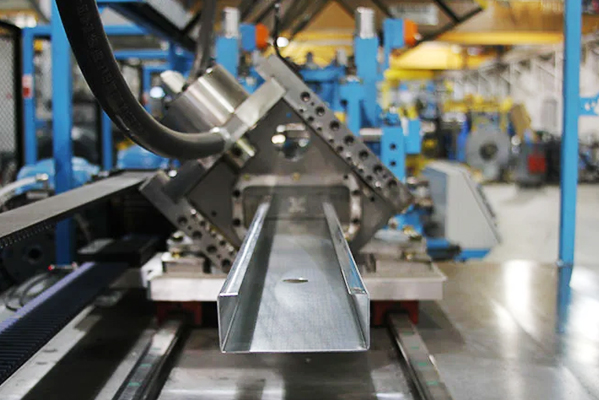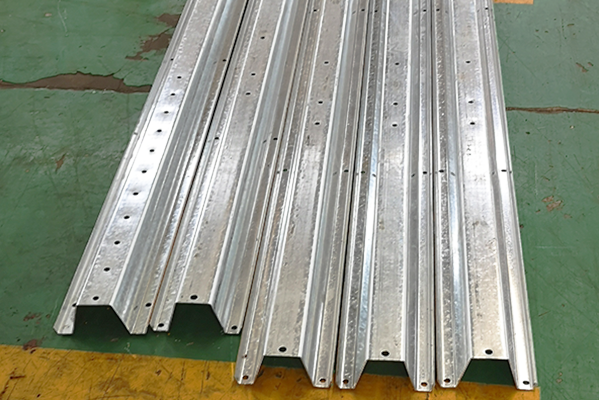Navigation Menu
Contact Us
- Email:
- info@wxavatar.com
- Address:
- Yurong Village, Yuqi Street, Huishan District, Wuxi, China.
Release Date:May 06, 2025 Visit:80 Source:Roll Forming Machine Factory
Walk through any modern factory making metal products, and you'll likely spot a roll forming machine humming away. These workhorses of metal shaping are becoming more popular than ever, and for good reasons. Let's look at what's driving this growing demand in plain terms.
1. The Need for Speed (Without Sacrificing Quality)
Today's manufacturing world moves fast. Customers want their orders yesterday, and businesses can't afford bottlenecks. Roll forming delivers here - once set up, these machines can churn out consistent parts at impressive speeds. Unlike slower manual methods, they keep production lines moving smoothly.

2. Rising Labor Challenges
Finding skilled metalworkers isn't getting easier. Roll forming machines reduce reliance on hard-to-find specialists by automating much of the shaping process. A single operator can often manage what used to require multiple skilled workers - a practical solution in tight labor markets.
3. Material Costs Matter More Than Ever
With metal prices fluctuating, manufacturers can't afford waste. Modern roll forming squeezes more usable product from each coil of metal thanks to precise controls and efficient designs. Less scrap means better profit margins - something every shop owner understands.
4. Customers Want More Consistent Products
Whether it's construction materials or automotive components, buyers expect every piece to match perfectly. Roll forming delivers this consistency better than manual methods where human variation can creep in. That reliability builds trust with customers.
5. Versatility for Changing Markets
Today's roll formers aren't one-trick ponies. Quick-change tooling and adjustable setups let manufacturers pivot between different products without expensive retooling. This flexibility helps shops take on diverse jobs without buying separate machines for each product line.
6. Better Technology at Lower Prices
What was once only affordable for large factories is now within reach for mid-sized operations. Improved manufacturing techniques have brought down costs while making the machines more reliable. It's becoming an easier investment to justify.
The Bottom Line for Manufacturers
These factors add up to a simple reality: roll forming helps shops stay competitive. It addresses today's manufacturing challenges - tight timelines, skilled labor shortages, cost pressures, and quality demands - in one practical package.
While not every shop needs to rush out and buy a roll former, those seeing increased demand for consistent, high-volume metal products should certainly consider it. The machines pay for themselves not through flashy features, but by reliably solving real-world production problems day after day.

For manufacturers on the fence, the question isn't so much "Can we afford a roll forming machine?" but rather "Can we afford not to have one?" as orders grow and competition increases. The market seems to be answering that question more clearly every year.
What's your experience with roll forming? Have you seen these factors at play in your business?